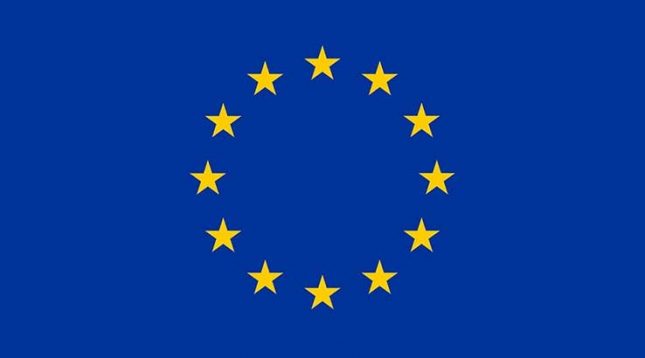European Commission report finds no link between piracy and lower sales
The European commission commissioned a study back in 2015 on piracy and the results of that study weren’t what they expected. As a result of the unexpected results, they tucked it away with no intentions of showing it to the public. That worked for a few years, but now the study has been published thanks to an official request by a person called Julia Reda.
The reason the study was hidden away is that the results showed no harm to legitimate sales due to pirating of digital products. The study looked at piracy in music, books, audio-visual material, and games. The study surveyed users in Germany, UK, Spain, France, Poland, and Sweden.
The report found that 51% of all adults and 72% of minors in the EU had pirated digital content. Poland and Spain had the highest rates in the report. Despite the high levels of piracy, the displacement rates, which is the effect on legitimate sales, were found to be negligible or nonexistent for music, books, and games.
The impact for films and TV were in line with previous digital piracy studies, whatever that means, Finder.com.au doesn’t go into detail on that statement. The study found something very interesting that doesn’t fit into the commonly accepted narrative on piracy. Game piracy led to an increase in legal purchases. The study lays that at the feet of in-game purchases and microtransactions converting illegal downloaders into paying gamers. The final result of the study says that there is no robust statistical evidence that illegal downloads reduce legal sales.

